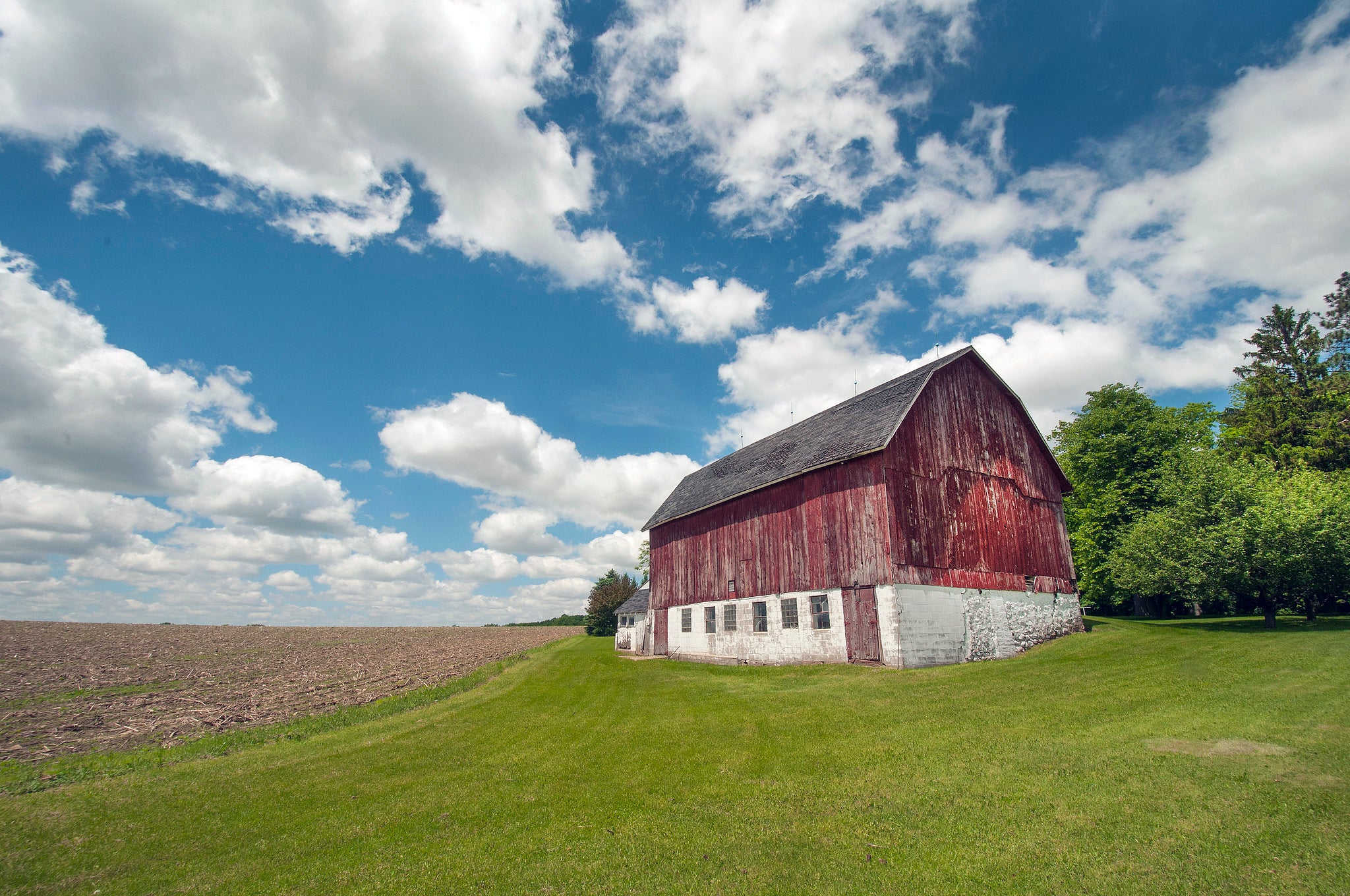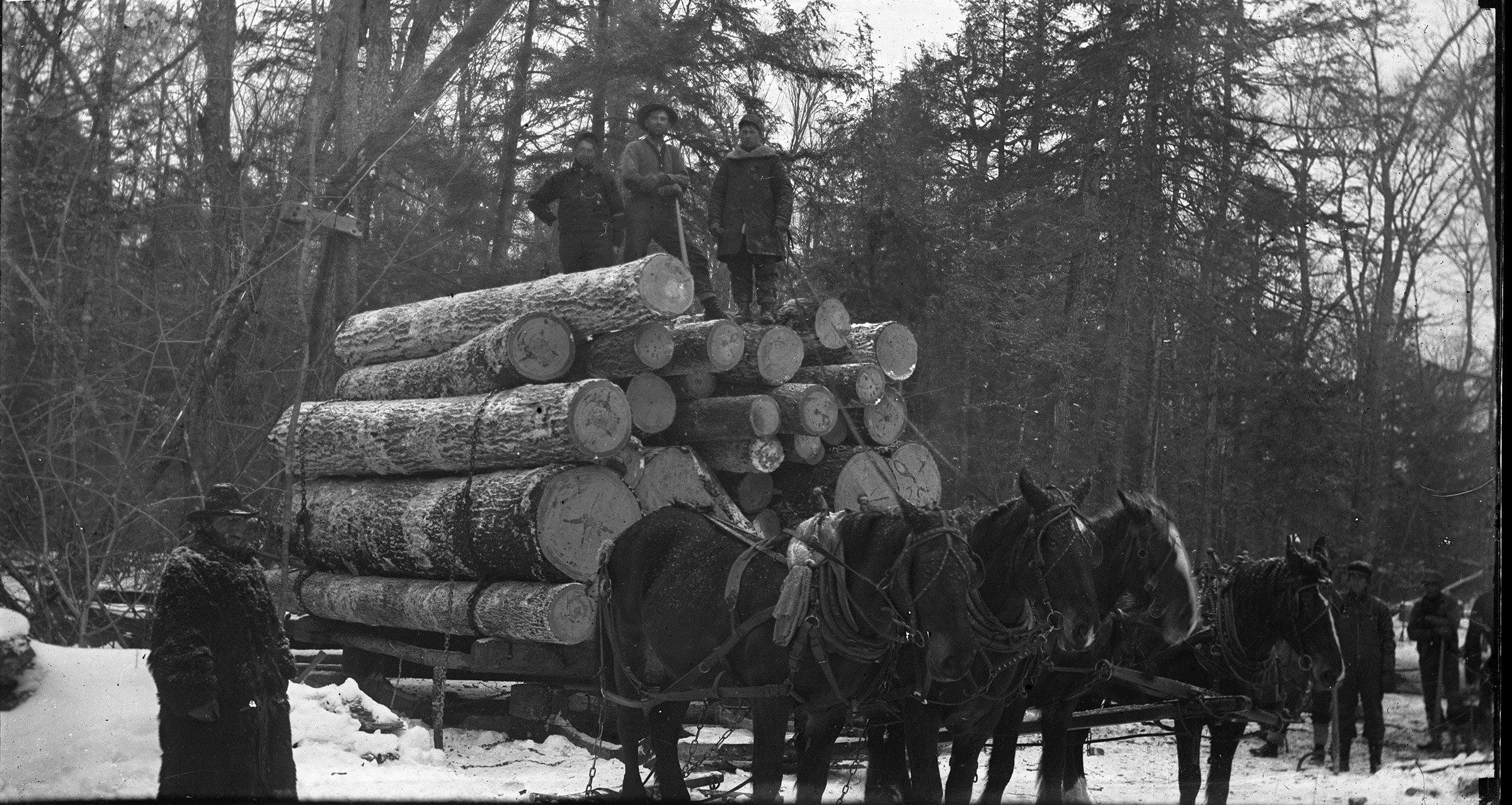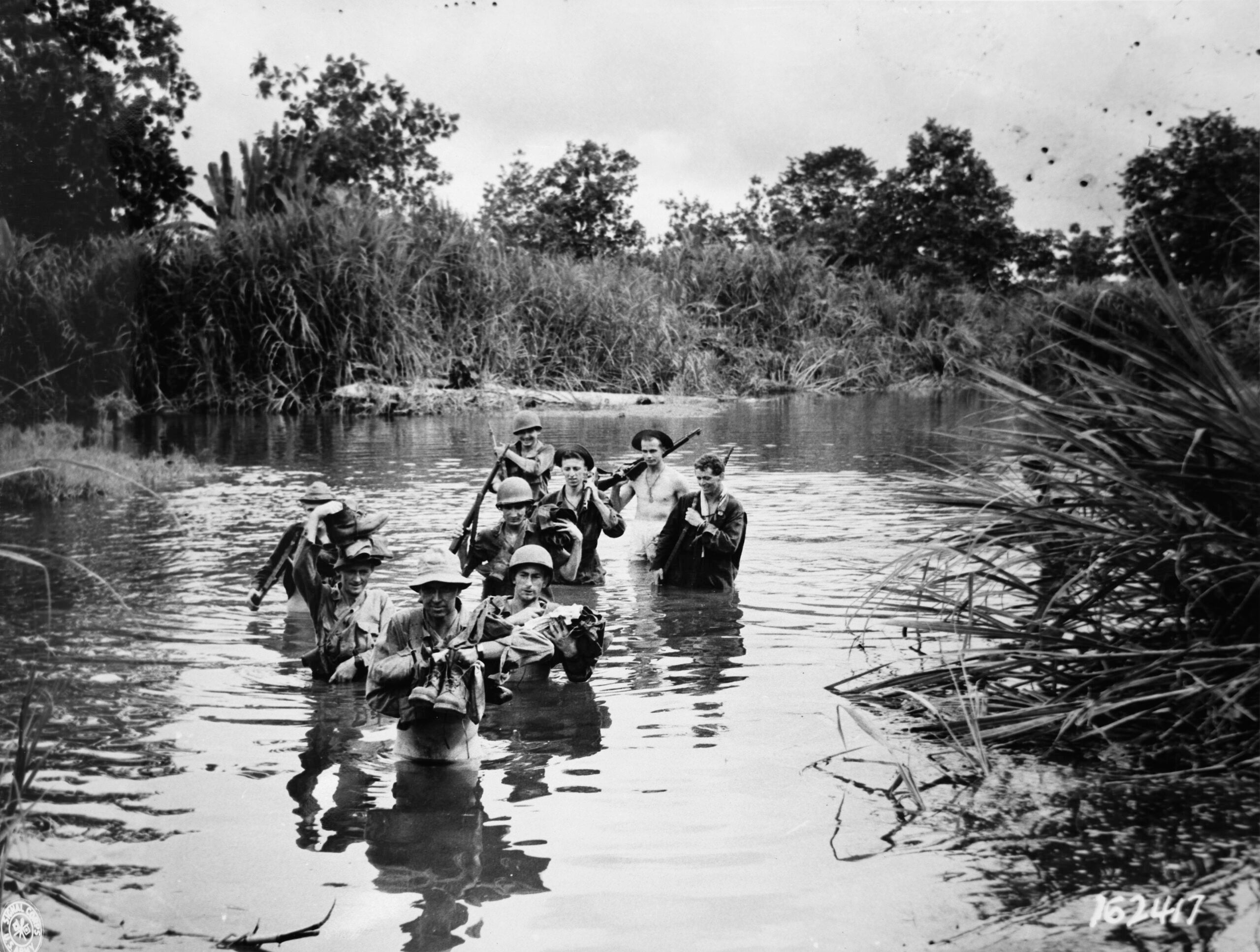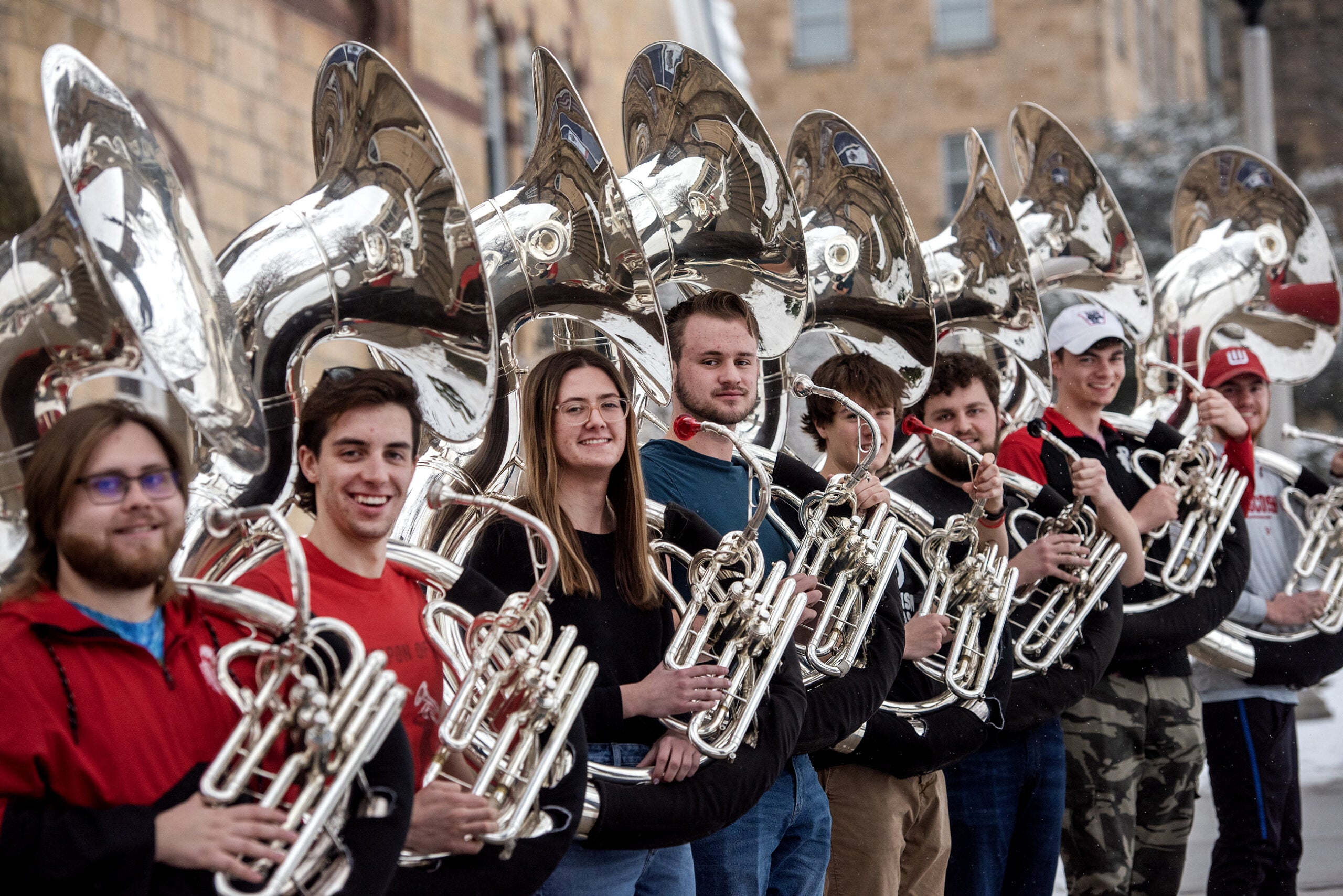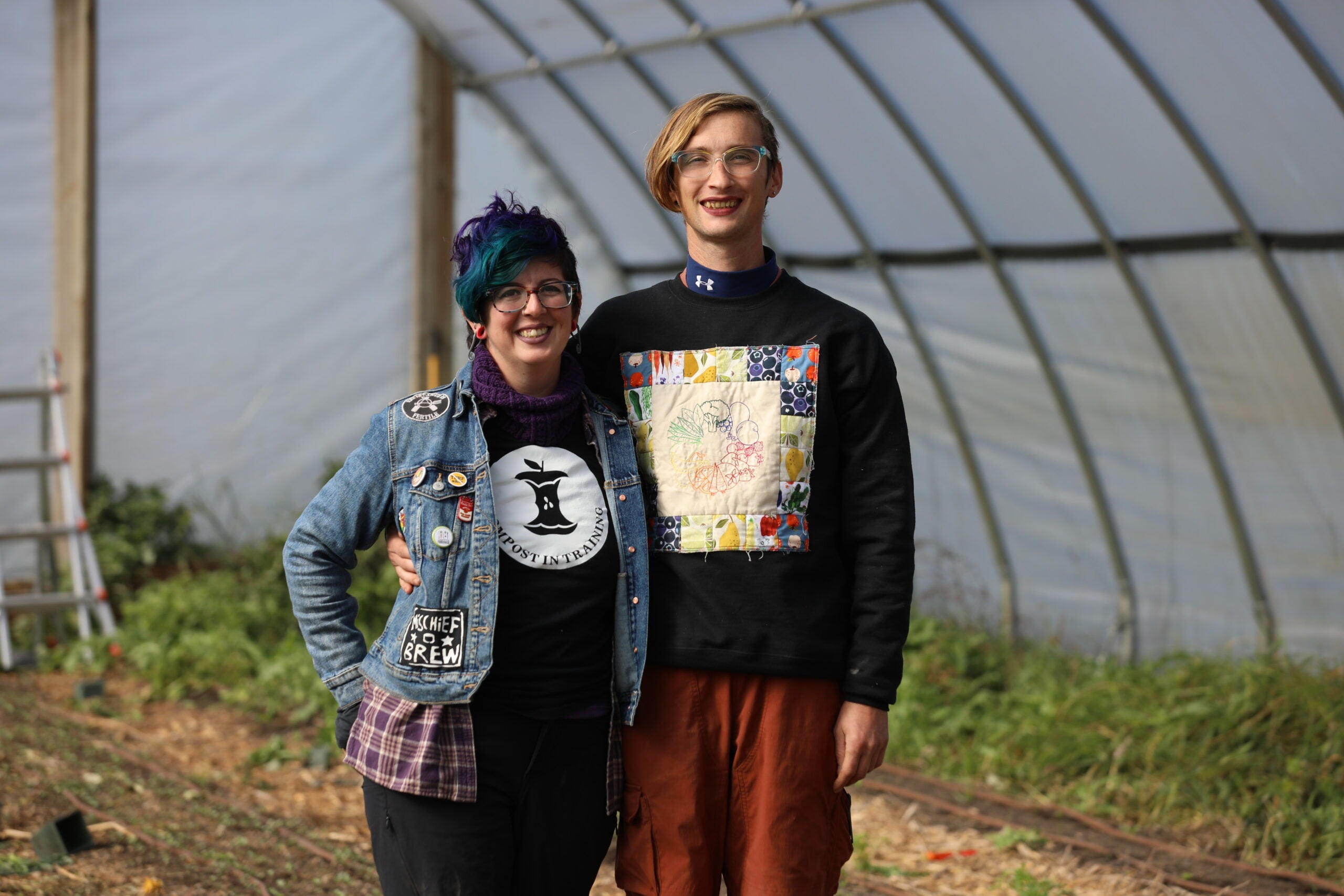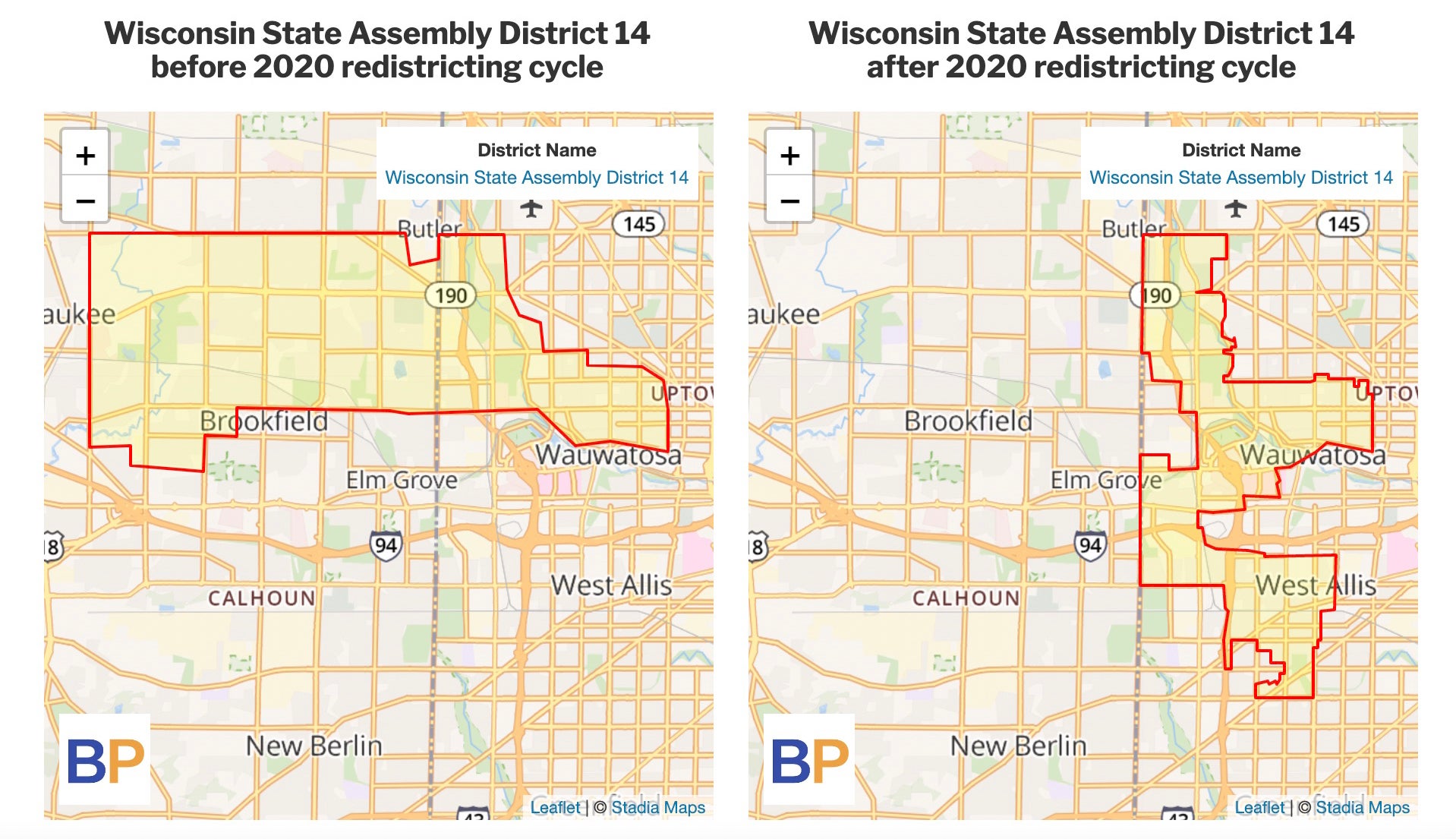Beuna Coburn Carlson, also known as “Bunny,” grew up near Plum City in western Wisconsin in the 1930s. Born in 1926, she witnessed many of the hardships of the Great Depression. But her family was close and loving, and people in the community looked out for one another. Her recent memoir, “Farm Girl,” is a collection of her remembrances of that time in short essay form. She spoke with WPR’s Melissa Ingells from her home in Grand Rapids, Michigan, about how the book came to be.
The following interview highlights were edited for brevity and clarity.
Recipes Give Way To Stories
Stay informed on the latest news
Sign up for WPR’s email newsletter.
Beuna Coburn Carlson: I started with the idea that I would record some of the recipes that mother prepared as I grew up. Eventually I realized that the stories that went with the recipes were probably more interesting to other people than the recipes were. We had Dutch cheese, we had dough gods, we had dad’s soup. These were names of recipes that would make no sense whatever without the story. So, I started writing the stories as well as the recipes, and eventually I realized that the stories were more interesting than the recipes. So that’s how this book started.[[{“fid”:”1285176″,”view_mode”:”embed_portrait”,”fields”:{“format”:”embed_portrait”,”alignment”:”right”,”field_image_caption[und][0][value]”:”%3Cp%3EBeuna%20Coburn%20Carlson.%20%3Cem%3EPhoto%20courtesy%26nbsp%3Bof%20University%20of%20Wisconsin%20Press%3C%2Fem%3E%3C%2Fp%3E%0A”,”field_image_caption[und][0][format]”:”full_html”,”field_file_image_alt_text[und][0][value]”:”Beuna Coburn Carlson”,”field_file_image_title_text[und][0][value]”:”Beuna Coburn Carlson”},”type”:”media”,”field_deltas”:{“1”:{“format”:”embed_portrait”,”alignment”:”right”,”field_image_caption[und][0][value]”:”%3Cp%3EBeuna%20Coburn%20Carlson.%20%3Cem%3EPhoto%20courtesy%26nbsp%3Bof%20University%20of%20Wisconsin%20Press%3C%2Fem%3E%3C%2Fp%3E%0A”,”field_image_caption[und][0][format]”:”full_html”,”field_file_image_alt_text[und][0][value]”:”Beuna Coburn Carlson”,”field_file_image_title_text[und][0][value]”:”Beuna Coburn Carlson”}},”link_text”:false,”attributes”:{“alt”:”Beuna Coburn Carlson”,”title”:”Beuna Coburn Carlson”,”class”:”media-element file-embed-portrait media-wysiwyg-align-right”,”data-delta”:”1″}}]]
Good Times During Hard Times
Melissa Ingells: The memories are so interesting and good-hearted and at times you almost forget that this took place during the Great Depression. What do you think helped keep your family so positive?
BCC: Well, there was never any allowance for the fact that we might be victims. We were not. We were strong. We were courageous. My parents had grown up working hard, knowing that there were rewards of labor, that you didn’t get something for nothing. It was a good time. There was neighborliness, there was warmth and kindness that just sustained a lot of people. We helped each other.
MI: Was there one particular part of the book you enjoyed writing most of all?
BCC: Yes. I think it would be the last visit home, at the very end of the book. I guess it kind of summed up how I felt about the book. Of course, going to school — I did belabor that, I’m sure, but it was so important. And there was never any question about any of my siblings or myself staying home to help with the farm work. We went to school. Period. That was it. There was no question about not going to school. In the worst weather, uphill both ways. And it always seemed that way when tired little legs were trying to walk up that big hill.
Lessons From The 1930s
MI: What do you think we can learn in this era of hardship from that era of hardship?
BCC: Well, I think we can remember that we are all truly in it together. We need to be more loving, more helpful, more careful of what we say, more generous in accepting other people’s point of view. There are similarities but there are such great differences. The shortages, the inability to travel — in the ’30s it was caused by shortages of material. During the lockdown it was mandated from above. There were similarities but greater differences. I just think there was more kindness, more understanding, more thoughtfulness, more “we’re all in this together” kind of feeling.
Wisconsin Public Radio, © Copyright 2025, Board of Regents of the University of Wisconsin System and Wisconsin Educational Communications Board.

